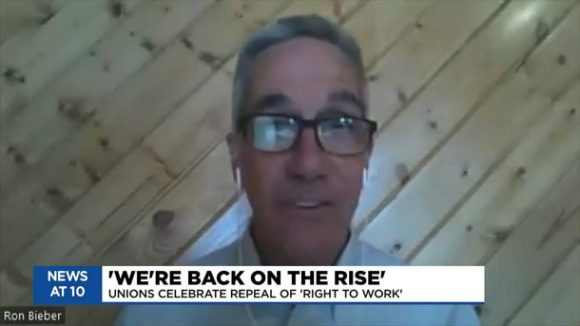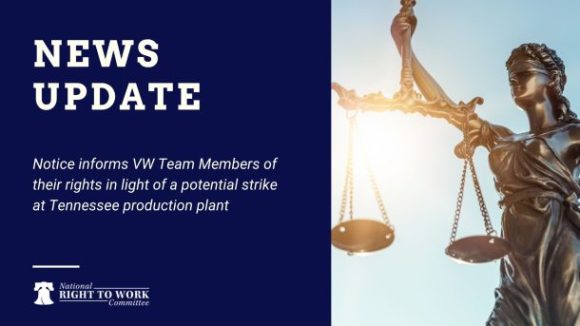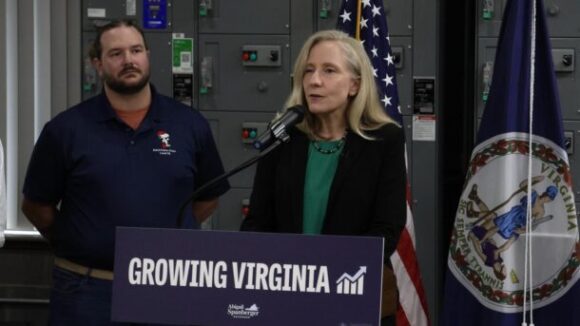‘Companies Are Cutting . . . Jobs in Michigan’
Since Big Labor-backed legislation repealing Right to Work protections for employees went into effect in early 2024, the state has gone from adding jobs to losing them.
Indiana has already blown its chance to move to the top five next year, but New Hampshire, Missouri, and Maine still have the opportunity to turn their migration around.
For the seventh year in a row, a survey of chief executives has ranked California as the nation’s worst state in which to do business.
More than 500 U.S. CEOs polled by Greenwich, Conn.-based Chief Executive magazine based their opinions on numerous factors, including regulations, tax policies, work force quality, education resources, quality of living and infrastructure.
While the Golden State came out on the bottom, Texas topped the magazine’s “Best & Worst States” list for the seventh consecutive time.
Texas was followed, in order, by North Carolina, Florida, Tennessee and Georgia.
Ranking 46th through 49th in the rankings were Michigan, New Jersey, Illinois and New York, respectively.
See more details in Friday’s edition of The Sacramento Bee.
Even though reality continues to fly in the face of Big Labor propagandists in Washington and in college academe like the University of Missouri’s Judy Ancel, there remain politicians from the President on down who continue use ever means possible, other than allowing people to choose whether or not to pay to a union, compel union membership onto people against their will. The NLRB v. Boeing (Case No. 19-CA-32431) case is just a recent example.

Since Big Labor-backed legislation repealing Right to Work protections for employees went into effect in early 2024, the state has gone from adding jobs to losing them.

Notice informs VW Team Members of their rights in light of a potential strike at Tennessee production plant

To guarantee the huge union political machine’s backing for her gubernatorial campaign, Abigail Spanberger is pushing for union-only PLAs for taxpayer-funded construction.